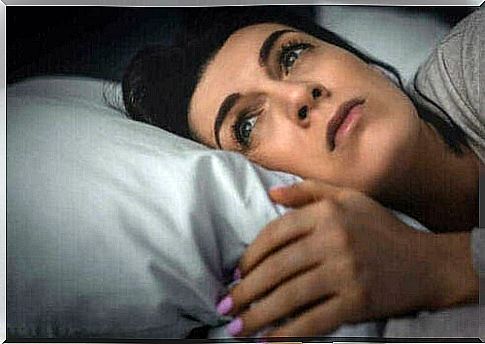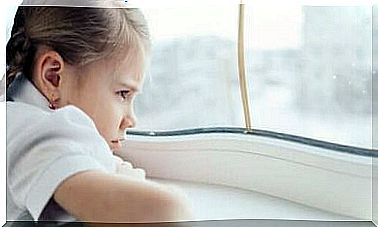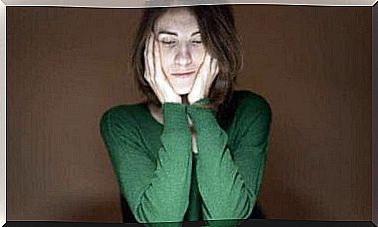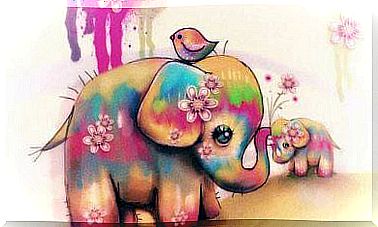Poor Sleep Can Make You Feel Lonely

Sleeping poorly and feeling lonely are increasingly common situations. The latter has increased significantly. In Britain, they even have a minister for loneliness. Not sleeping well has also become a fact of life for many people on the planet.
It is unlikely that any of these phenomena are new to you. The new thing about this study, however, is that it found a link between the two. The data seem to suggest that sleeping poorly triggers a strong feeling of loneliness. Although the study does not discuss this, other data show that people who do not cope with loneliness often have trouble sleeping.
Poor sleep can lead to different emotions. You know that not getting enough sleep affects your mood. It makes you feel unmotivated and irritable. Not sleeping well can even affect your ability to direct and maintain your attention. The study we are talking about today shows, as we mentioned above, that not getting good sleep can also make you feel lonely.

The Berkeley study at the University of California
Neurologists Eti Ben-Simon and Matthew Walker of the University of California, Berkeley conducted a fascinating study on the relationship between poor sleep and loneliness. The published results in the journal Nature Communications in 2018.
An earlier study with 140 volunteers provided the first information to the researchers. It found that after a night of sleep deprivation, participants showed signs of feeling isolated and had no one to talk to. Ben-Simon and Walker wanted to confirm and elaborate on these findings.
To do so, the 18 young people prayed to sleep all night at home without interruption. The next night they had to stay awake all night in a laboratory. To keep the volunteers from falling asleep even for a moment, they got them to participate in many different activities.
After that, they showed them a video of a person walking towards them. They asked the volunteers to press a button when they felt the person was getting too close. They found that the participants on average kept 15% more at a distance than when they had slept all night.
The effects of sleeping poorly
Researchers also found that loss of sleep triggered more activation in an area of the brain associated with threat and danger as the person in the video got closer. In other words, they felt that being close to another person was dangerous.
The study also found that volunteers who slept poorly had reduced activity in areas of the brain associated with socialization. This means that they felt less motivated to interact with other people.
The participants in the study also said that they felt more alone. As the study notes, “Although many factors are associated with social isolation and withdrawal from interpersonal interactions, recent evidence suggests that insufficient sleep may be such a candidate.”
Phase two
Eti Ben-Simon and Matthew Walker conducted a second phase of the study, this time with 1,000 volunteers. They showed videos of the 18 volunteers from the first experiment to each participant. Each recording lasted just over a minute and was simply one of the volunteers talking about informal topics. Researchers gave them a 10-point questionnaire.
They recorded half of the videos after a good night’s sleep, and the other half after the volunteers stayed up all night. However, they did not share this information with the other group of volunteers. They only showed them the videos in random order. Then they asked which of the volunteers seemed lonely. Most of the viewers identified those who had not slept. They also said that they noticed that these people also seemed to have a lack of motivation or intention to socialize.

Poor sleep: The results of the study
In the last part of the experiment, they asked the 1000 volunteers to talk about their own feelings after watching the videos of the first 18 volunteers. The results were fascinating. Just looking at the participants who had not slept made the spectators feel lonely.
The researchers point out that loneliness was also “contagious” in a way. Many participants expressed that they inexplicably felt more alone after watching a video of a person deprived of sleep.
The conclusion that researchers reach is that sleeping badly negatively predisposes you to socialization. It also triggers feelings of rejection from other people. The good news is that a good night’s sleep is enough to make all of this go away.









